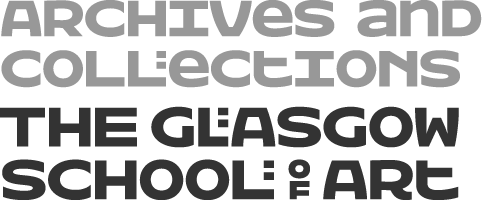Key Information
Type of entity
Person
Authorized form of name
Delville, Jean
Parallel form(s) of name
Standardized form(s) of name according to other rules
Other form(s) of name
Identifiers for corporate bodies
Description area
Dates of existence
1867-1953
History
Jean Delville was a Belgian symbolist painter, author, poet, polemicist, teacher, and Theosophist. Delville was the leading exponent of the Belgian Idealist movement in art during the 1890s. He held, throughout his life, the belief that art should be the expression of a higher spiritual truth and that it should be based on the principle of Ideal, or spiritual Beauty. He executed a great number of paintings during his active career from 1887 to the end of the second World War (many now lost or destroyed) expressing his Idealist aesthetic. Delville was trained at the Académie des Beaux-arts in Brussels.
Characteristically, Delville's paintings are idea-based, expressing philosophical ideals. The main underlying theme of his paintings, especially during his early career, has to do with initiation and the transfiguration of the inner life of the soul towards a higher spiritual purpose. Specifically, they deal with themes symbolising Ideal love, death and transfiguration, and the relationship between the material and metaphysical dimensions. His paintings and finished drawings are an expression of a highly sensitive visionary imagination articulated through precisely observed forms drawn from nature. He also had a brilliant gift for colour and composition and excelled in the representation of human anatomy.
Delville's artistic style is strongly influenced by the Classical tradition. He was a lifelong advocate of the value of the Classical training taught in the Academies. He believed that the discipline acquired as a result of this training was not an end in itself, but rather a valuable means of acquiring a solid drawing and painting technique to allow artists freely to develop their personal artistic style, without inhibiting their individual creative personality.
Delville was a respected Academic art teacher. He was employed at the Glasgow School of Art from 1900 to 1905, having been brought to the attention of the GSA authorities by Charles Vanderstappen, the head of the Brussels Beaux-Arts School. Delville was appointed as Professor of the Life Classes and was one of the first continental masters at the School (Johan Keller, the Dutch modelling master had been on the staff since 1897). The success of his appointment led to several other continental artists being sought for posts at the School in architecture, design, art history and fine art. Delville returned to teach in Belgium in 1905 as Professor of drawing at the Académie des Beaux-arts in Brussels, staying there until 1937.
Delville was only expected to visit GSA for part of the year. This policy was deliberate to ensure that the artists continued to maintain their professional work, and as a policy, it was applicable to many of the senior staff. The major influence of Delville’s reign lay in the stress on composition - it was seen as the apex of the painting course by Newbery and others at the School. Drawing by students were often life size and the joint teaching of Delville and fellow Belgian Paul Artot, led to very effective figure work being produced at the School and Delville’s influence also became apparent in the Symbolist work of some of his students.
Delville was also a prolific and talented author. He published a very great number of journal articles during his lifetime as well as four volumes of poetry, including his Le Frisson du Sphinx (1897) and Les Splendeurs Méconnues (1922). He wrote more than a dozen books and pamphlets relating to art and esoteric subjects.
Places
Legal status
Functions, occupations and activities
Mandates/sources of authority
Internal structures/genealogy
General context
Relationships area
Access points area
Subjects
Place access points
Occupations
Control area
Authority record identifier
Maintained by
Institution identifier
Rules and/or conventions used
Status
Level of detail
Processing information
Language(s)
Script(s)
Sources
- Delville letters in School correspondence
- Press cuttings and Photographs
- Wikipedia
